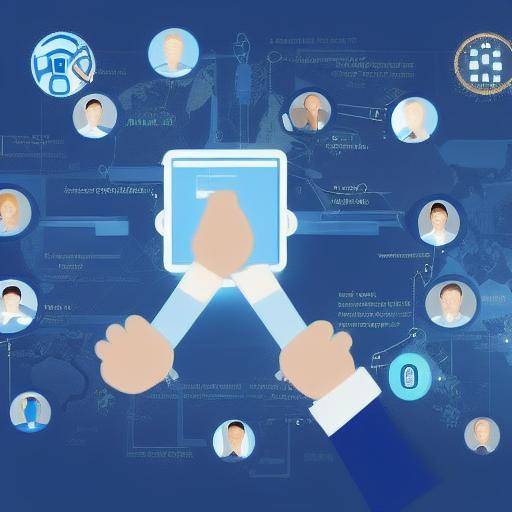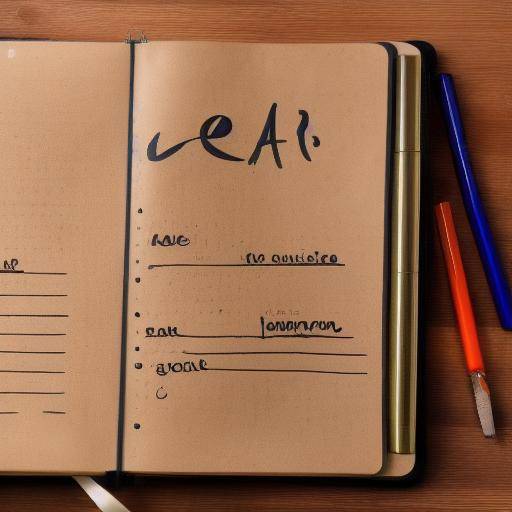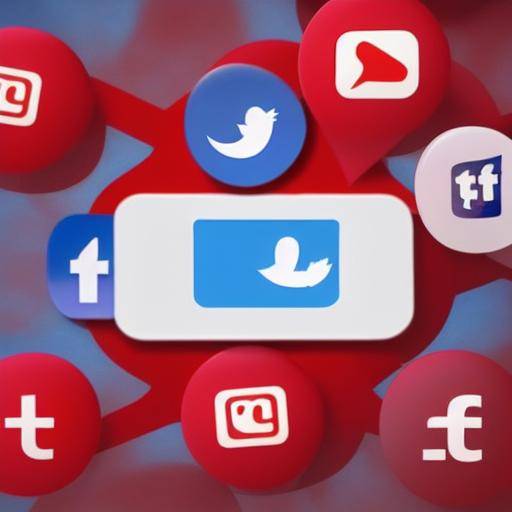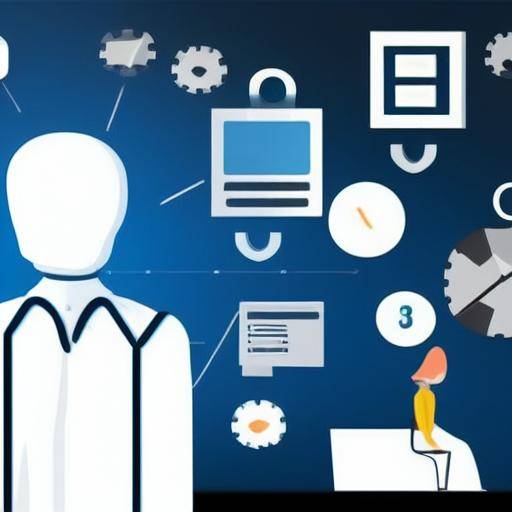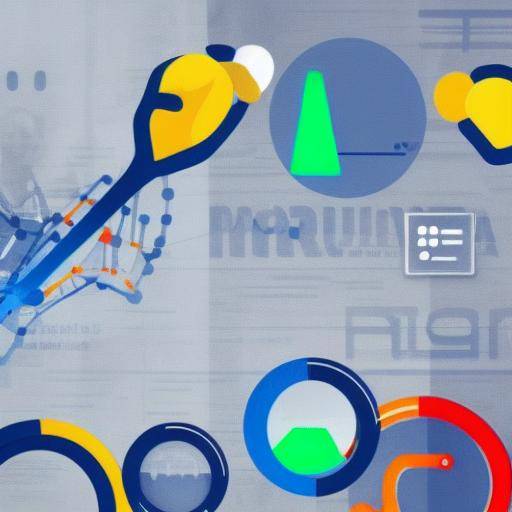
Continuous education is essential for the integral development of people. In the current era, where knowledge advances in sharp steps, the constant update becomes indispensable. However, the impact of continuing education goes far beyond mere knowledge acquisition. In this article we will examine how continuing education influences personal authenticity and contributes to integral growth and development.
Introduction
Continuous learning is not only about acquiring new skills or updating knowledge, but also in the development of an open mind, the ability to adapt to changes and the willingness to question and reevaluate our own beliefs and values. Authenticity, for its part, implies being faithful to oneself, acting in accordance with our own convictions and principles, and showing ourselves as we are, without masks or artifices. Personal growth, in this context, refers to the process of integral development in all areas of life, including the emotional, intellectual, spiritual and physical aspect.
In this article, we will explore in depth the impact of continuous education on authenticity and personal growth. We will analyze how continuing education not only broadens our knowledge, but also shapes our identity, strengthens our authenticity and contributes significantly to our personal and professional development.
History and Background
The idea of continuing education has its roots in antiquity, where the transmission of knowledge and skills was an integral part of everyday life. With the emergence of the first civilizations, learning institutions were established that fostered the constant quest for knowledge and the development of skills. Throughout history, education has evolved in response to cultural, technological and social changes, adapting to the emerging needs of society.
During the Industrial Revolution, there was a significant change in the educational approach, with the creation of schools and universities that provided formal and structured education. Continuous learning, however, is not limited to academia; it also encompasses technical training, practical skills development and self-taught learning. In the current digital era, continuing education has been transformed by the proliferation of online platforms, distance courses and educational resources accessible to all.
Analysis in Deep
Benefits of Continuous Education
Continuous education offers a wide range of benefits that go beyond the simple increase in knowledge. These include the development of cross-cutting competencies, adaptation to changes in the working environment, and improvement of emotional and intellectual well-being. It also promotes mental openness, creativity, and the ability to face challenges with confidence and resilience.
Challenges of Continuing Education
Despite its many advantages, continuing education also faces challenges such as accessibility, quality of educational content, and the need to stay updated in a changing world. Overload of information, lack of time and economic obstacles can hinder access to continuing education for many.
Current trends
At present, continuing education has experienced a revolution with the exponential growth of online education, MOOCs (massive and open online courses), micro-learnings, and gamification. These trends have democratized access to education, allowing people of all ages and backgrounds to participate in training processes previously reserved to a few.
Comprehensive review
Practical Applications
The impact of continuous education on authenticity and personal growth is evident in the ability of people to unfold with confidence in different spheres of life. Those who continually seek new learning experiences tend to be more open to new ideas, are more adaptable to changes, and have a greater capacity to face both personal and professional challenges. Continuous education also fosters an attitude of intellectual humility, recognizing that there is always more to learn, which contributes to keeping an open and responsive mindset to new perspectives.
Best Practices
The combination of continuing education with the development of authenticity and personal growth requires an integral approach that encompasses both formal learning and self-taught. The search for learning experiences that challenge our preset beliefs, expose us to different cultures and visions of the world, and encourage reflection, can significantly enhance our personal development.
Comparative analysis
Authenticity is strengthened by continuous education, as the knowledge acquired allows us to have a deeper understanding of ourselves, our motivations and our values. Likewise, personal growth is driven by authenticity, allowing us to align ourselves with our true passions and goals, and to live according to our most authentic convictions.
Practical Tips and Accessible Tips
- Search Diversity of Sources: Looking for learning opportunities, it is beneficial to expose yourself to a wide range of sources and perspectives, including topics that challenge our preset beliefs.
- Developing Interpersonal Skills: Continuous education is not only limited to technical knowledge; the development of soft skills such as empathy, effective communication and leadership is essential for personal growth and authenticity.
- Practice Reflection: Taking the time to reflect on what has been learned, its application in daily life and its impact on self-development is crucial for consolidating learning and fostering authenticity.
Ideas and Research of the Industry
To deepen the impact of continuous education on authenticity and personal growth, we consult experts in education, psychology and personal development. Their views and observations shed light on the complexity and scope of the topic.
According to the psychologist specializing in personal development, Laura Sánchez, "Education continues not only to expand our intellectual knowledge, but also provides us with the opportunity to develop a deeper understanding of ourselves and the world around us. This understanding enriches our authenticity by aligning ourselves with our true passions and values."
Case Studies and Applications in Real Life
Case Study: Professional Development
Marta, a professional in the field of technology, decided to embark on a continuous education programme specialized in artificial intelligence and data analysis. As she gained new knowledge, Marta noticed a significant change in her professional approach: she started looking for projects that were aligned with her personal values and deeper interests, which not only made her feel more authentic in her work, but also provided her with a greater sense of accomplishment and purpose.
Applications in Daily Life
The impact of continuing education on authenticity extends beyond the professional sphere. Those who constantly seek new learning experiences also experience greater sense of well-being and fullness in all areas of their lives. Learning about new cultures, technologies or artistic disciplines can awaken a sense of curiosity and wonder that enriches everyday life and nourishes personal authenticity.
Future Trends and Predictions
The future of continuing education is outlined in a panorama marked by the growing demand for soft skills, accelerated digitization, and the need to adapt to constantly changing working environments. The integration of continuing education with the development of authenticity and personal growth will be an increasingly relevant aspect in a world that values individuality, creativity and critical thinking. Continuing education will become a key tool for fostering authenticity and personal development in a globalized and constantly evolving environment.
Conclusion
The impact of continuous education on authenticity and personal growth is undeniable. As people constantly seek to enrich their knowledge, they acquire a deeper understanding of themselves and the world around them, which fuels their authenticity and contributes to their integral development. Continuous education thus becomes a vehicle not only to acquire skills, but also to cultivate authenticity and achieve significant personal growth.
Frequently asked questions
How can education continue to promote the development of authenticity?
Continuous education provides opportunities to expand knowledge, confront new ideas and discover hidden aspects of ourselves, contributing to our authenticity by aligning ourselves with our true passions and values.
What is the role of continuing education in personal growth?
Continuous education has a direct impact on personal growth by fostering adaptability, mental openness and the ability to face challenges with confidence and resilience, thus enriching all aspects of life.
How can I integrate continuing education into my daily life?
The integration of continuous education in daily life can be done through regular learning planning, exploration of new areas of interest and participation in courses, seminars or educational activities that defy and enrich the mind and spirit.
What role does authenticity play in professional development?
Authenticity in professional development allows us to align our work with our passions and values, giving a greater sense of purpose and satisfaction at work, which in turn promotes growth and professional success.
What are the emerging trends in continuing education?
Emerging trends in continuing education include the focus on soft skills, learning customization, gamification, and exponential growth of online education, which promotes accessibility to education for more people.
How can people make the most of continuing education for their personal development?
To make the most of continuing education in their personal development, people must seek a diversity of learning sources, reflect on what they learned, and establish clear goals of growth and integral development.
In short, continuing education plays a key role in the formation of our authenticity and in the promotion of significant personal growth. By promoting constant learning, continuing education provides us with the necessary tools for the integral development of our capacities and the realization of our maximum potential.
With the integration of continuous education, authenticity and personal growth, people can embrace their individualities, achieve success in their professional and personal lives, and contribute significantly to the world around them.




